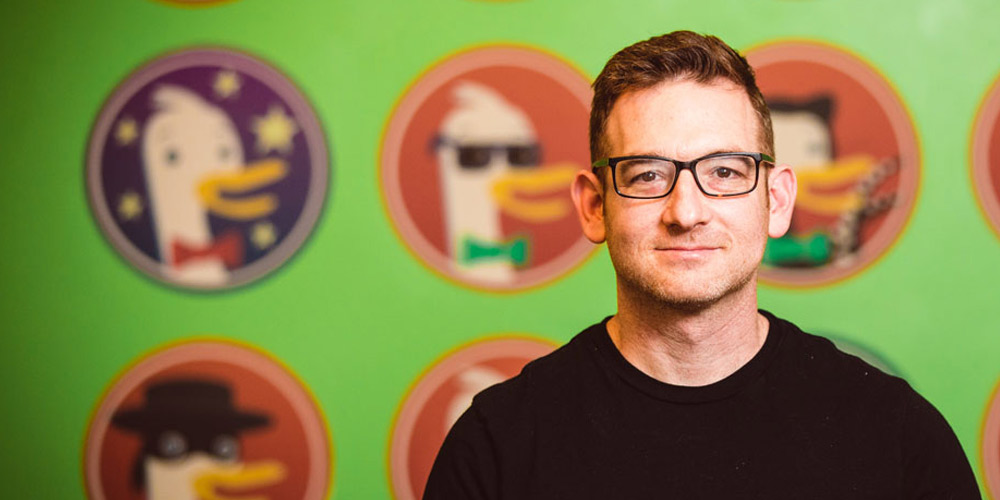It's no longer a secret that data is a commodity. Those who store control the flow of data, can control practically anything on the web.
This is where privacy issues on the internet are becoming more of a problem. As more people are connected to the internet, they are somehow willing to give data without thinking much, to receive a better experience in what they're doing.
For example, Google and Facebook that own many of the world's internet users' data, can use the data they own to target users with ads. They can also show contents that are somehow biased, meaning that different person can get different results.
This is called "filter bubble."

"The information, like when you search on Google, is used to tailor results to you in a way that it's kind of biased," according to Gabriel Weinberg from the privacy-focused search engine DuckDuckGo.
What's more, health and insurance can also use this information against users to "kind of charge you higher prices, which is already happening in kind of retail environment. You can be sitting right next to somebody and people don't realize you maybe charged different price, just based on your browsing history they have amassed from you."
Then there are three things that people really care about. "As creepy as all of them around that could get creepier and creepier," they are: identity theft, data breaches and data falling to the wrong hand.
Weinberg said that people can behave differently when they know their behavior is being watched by somebody. This is true after the 9/11 incident and Edward Snowden's series of revelations, where people search less about certain topics, afraid of those information being leaked.
"Privacy is a basic fundamental right, just like the freedom of speech and freedom of expression," said Weinberg. "You really want the ability to kind of search freely."
Because Google is one of the most powerful internet companies with billion of user data on its possession, Weinberg provides some solutions to people who want to preserve their privacy.
- Use a more privacy-focused services, which include tracker blockers, private search engine, encryption and so forth.
- Do not login to Google in Chrome to avoid Google in tracking you. Or just switch to other browser.
- Remove apps from your phone that you don't use; only use app that is trusted in certain category; and pay attention to app permissions.
"There is a notion that privacy was dead, and that is obviously not true," said Weinberg. "It maybe niche, like if you care about privacy here in a small percentage of people, or like young people don't care something like that, all that is untrue."
Weinberg has been measuring this, and found that the number of people that really care about privacy and have acted, has just grown and grown. Those people have made significant action to protect privacy, by using alternatives and doing sacrifices.
"If you want to protect your privacy a bit more, you're not like a weirdo in that regard. You're absolutely normal," he said. "It has become more and more mainstream" for people to look for privacy on the web.